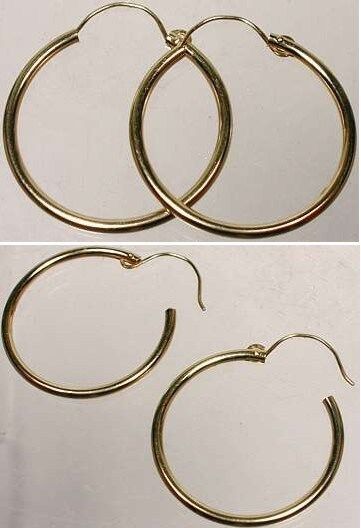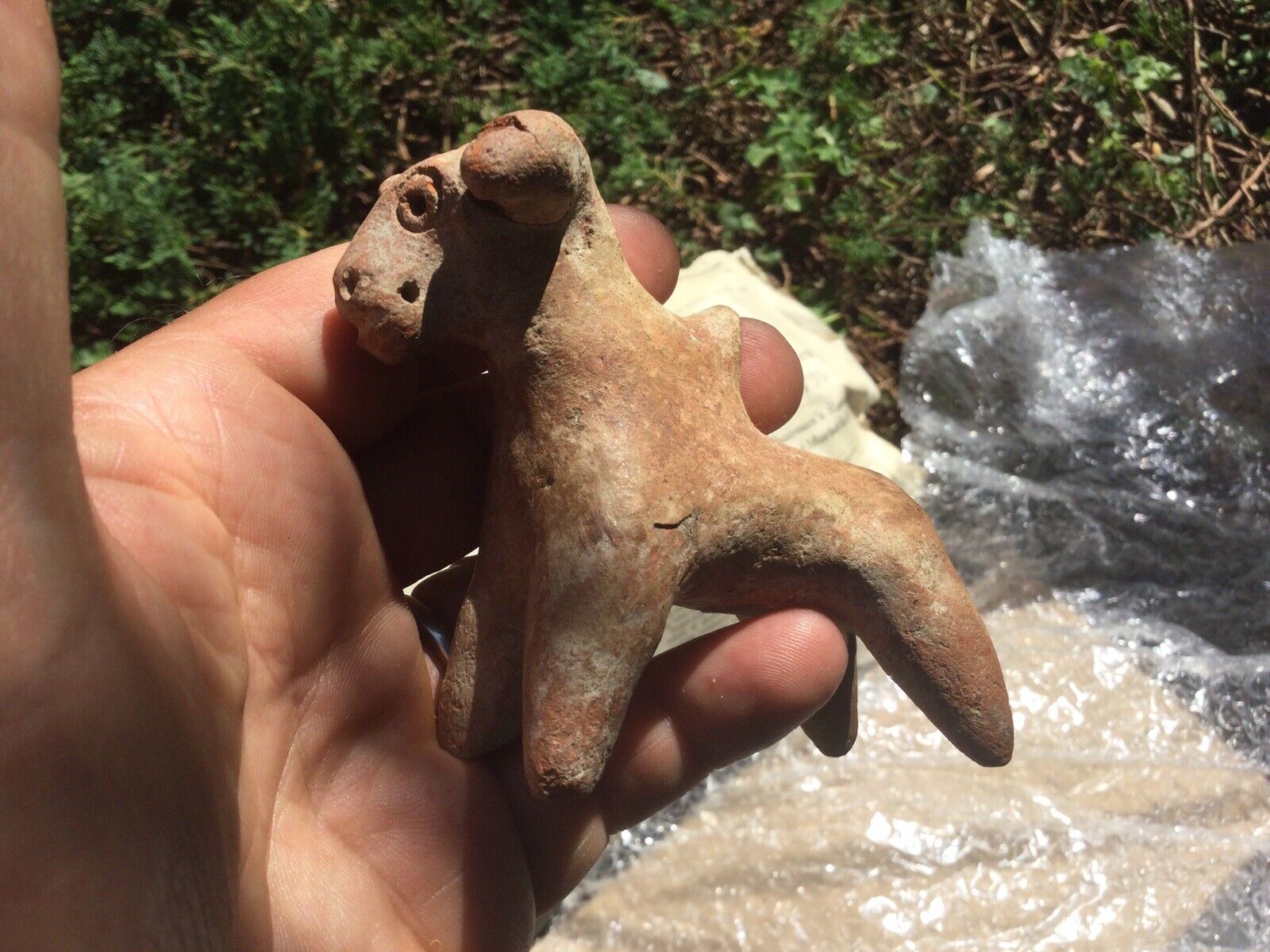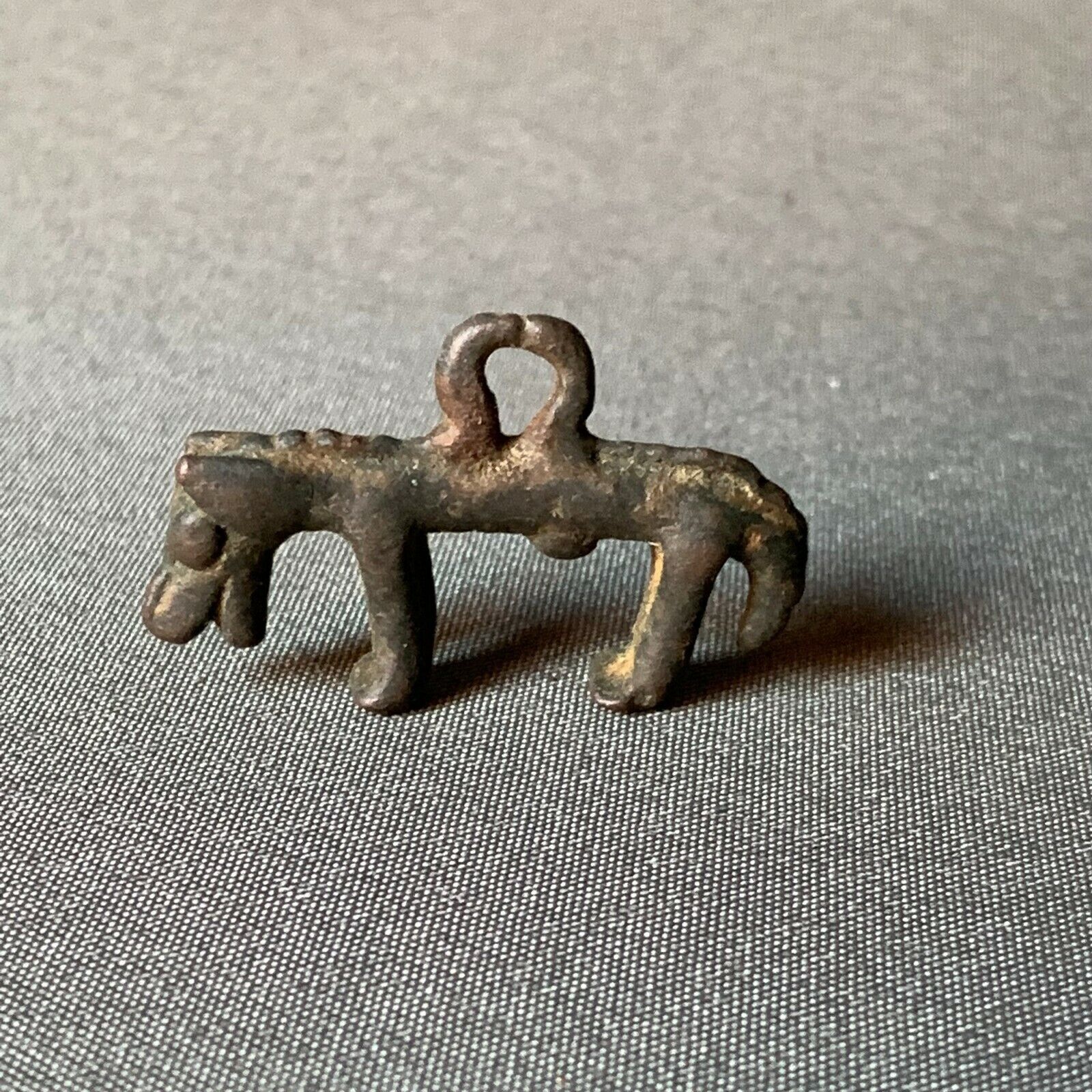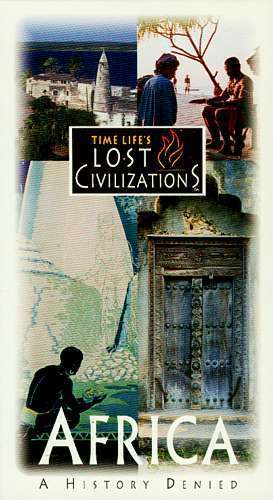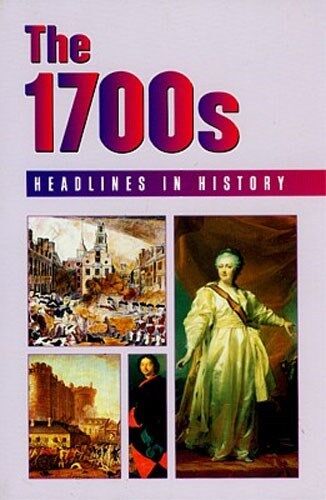-40%
Sophocles “Antigone” Life in Ancient Thebes Greece Oedipus Eteocles Polyneices
$ 7.38
- Description
- Size Guide
Description
Antigone by Sophocles: The Greek Tragedy in New Translations by Richard Emil Braun.NOTE
: We have 75,000 books in our library, almost 10,000 different titles. Odds are we have other copies of this same title in varying conditions, some less expensive, some better condition. We might also have different editions as well (some paperback, some hardcover, oftentimes international editions). If you don’t see what you want, please contact us and ask. We’re happy to send you a summary of the differing conditions and prices we may have for the same title.
DESCRIPTION:
Softcover: 80 pages. Publisher: Prestwick House (2005).
Drama by Sophocles, possibly first performed in 442 or 441 B.C. It examines the conflicting obligations of civic duties versus personal loyalties and religious mores. “Antigone” concerns that part of the Oedipus story that occurs after Eteocles and Polyneices have killed each other over the succession to the throne of Thebes. Antigone's uncle Creon succeeds to the throne and decrees that anyone who buries the dishonored Polyneices will face capital punishment. Antigone, however, obeys her instincts of love and loyalty and defies the orders of her uncle, willing to face the consequences of her act of humanity. Believing that civic duty outweighs family ties, Creon refuses to commute Antigone's death sentence. By the time he is finally persuaded to free Antigone, she has killed herself. The discovery of her body prompts Creon's son, Haemon, to kill himself out of love and sympathy for the dead Antigone, and Creon's wife, Eurydice, then kills herself out of grief over these tragic events. At the play's end Creon is left desolate and broken.
CONDITION: New oversized softcover. Unblemished, unmarked, pristine in every respect. Pages are pristine; clean, crisp, unmarked, unmutilated, tightly bound, unambiguously unread. Satisfaction unconditionally guaranteed. In stock, ready to ship. No disappointments, no excuses. PROMPT SHIPPING! HEAVILY PADDED, DAMAGE-FREE PACKAGING!
PLEASE SEE IMAGES BELOW FOR SAMPLE PAGES FROM INSIDE OF BOOK.
PLEASE SEE PUBLISHER, PROFESSIONAL, AND READER REVIEWS BELOW.
PUBLISHER REVIEW
:
REVIEW: To make this quintessential Greek drama more accessible to the modern reader, this Prestwick House Literary Touchstone Edition™ includes a glossary of difficult terms, a list of vocabulary words, and convenient sidebar notes. By providing these, it is our intention that readers will more fully enjoy the beauty, wisdom, and intent of the play. The curse placed on Oedipus lingers and haunts a younger generation in this new and brilliant translation of Sophocles’ classic drama. The daughter of Oedipus and Jocasta, Antigone is an unconventional heroine who pits her beliefs against the King of Thebes in a bloody test of wills that leaves few unharmed. Emotions fly as she challenges the king for the right to bury her own brother. Determined but doomed, Antigone shows her inner strength throughout the play. Antigone raises issues of law and morality that are just as relevant today as they were more than two thousand years ago. Whether this is your first reading or your twentieth, Antigone will move you as few pieces of literature can.
REVIEW: “For once a family is cursed by God, disasters come like earthquake tremors, worse with each succeeding generation.” The curse placed on Oedipus lingers and haunts a younger generation in this new and brilliant translation of Sophocles’ classic drama. The daughter of Oedipus and Jocasta, Antigone, is an unconventional heroine who pits her beliefs against the King of Thebes in a bloody test of wills that leaves few unharmed. Emotions fly as she challenges the king for the right to bury her own brother. Determined but doomed, Antigone shows her inner strength throughout the play. This Prestwick House Literary Classic includes a glossary, a list of vocabulary words, and convenient sidebar notes to help the modern reader enjoy the beauty, wisdom, and intent of the play.
PROFESSIONAL REVIEWS
:
REVIEW: An exceptionally compelling translation that captures the feel of the original. In “Antigone”, Antigone, the daughter of Oedipus and Jocasta, argues for the moral right to bury her brothers who have died in a civil war they fought over who was to rule Thebes after the banishment of Oedipus. Their uncle, Creon, became the king of Thebes and opposed their burial. The conflict between Antigone and Creon on the right of law: earthly, embodied in the will of the sovereign, or heavenly, in the dictates of the gods; is the central theme of the play. Highly recommended!
REVIEW: While every reader may have a favorite translation that does this or that differently, this is finely modulated to seem neither foolishly colloquial nor irritatingly archaic. This series is likely to be a standard for years to come.
REVIEW: One of the most effective styles I have seen in a translation.
REVIEW: The translation, notes, and glossary should attract the intelligent reader. The translation itself is accurate and of high quality.
REVIEW: The translation is very readable. The notes are very helpful as well.
READER REVIEWS
:
REVIEW: "Antigone" (441 B.C.), written by Sophocles, is a very old and well-known play. It is a tragedy, because in the end things go wrong for nearly every everyone. I say nearly for everybody because if you pay attention when you read this book, you will have enjoyed a good play, and appreciated the various themes the author tackles in it. So, in that case, things won't go wrong for you!
The plot is not complicated. Creon is a king, and Antigone is his niece. Creon orders that Antigone's brother, recently killed, must remain without sepulture, due to the fact that he was a traitor. The punishment for anybody who defies his orders will be death. Despite knowing that, Antigone cannot help but think her duty forces her to give sepulture to her brother, and in the end does exactly that. Alas, she is discovered, and of course everything goes downhill from that moment onwards.
Several dichotomies are defined in the play, the main ones being "Individual versus State" (that is, Antigone versus Creon), "Conscience versus Law" (that is, Antigone following her conscience even though she know she doesn't respect the law) and "Divine Law versus Human Law". Antigone and Creon defend what each of them considers to be right, the first one justice, and the other one the law of the city. But which one has priority when they clash? And who should decide that?
All in all, I enjoyed this play. I read it at university some years ago, for History of Political ideas, as an introduction to Greek thought. The above mentioned themes are considered repeatedly by different Greek philosophers, but also by many other thinkers of different nationalities throughout time. Why did (and does) that happen? Read this play, and find your answer, or pose more questions. You won't be alone.
REVIEW: Although narratively it comes last in the Theban plays, "Antigone" was actually written first by Sophocles. Following the death of Oedipus, his sons, Eteocles and Polyneices engaged in a civil war for the throne of Thebes (covered in "Seven Against Thebes" by Aeschylus). The two brothers kill each other and Creon, brother of Jocasta, becomes king. He orders that Eteocles, who nobly defended his city, shall receive an honorable burial, but that Polyneices, for leading the Argive invaders, shall be left unburied. This leads Antigone, sister to both of the slain brothers, to have to choose between obeying the rule of the state, the dictates of familial binds, and the will of the gods. This, of course, is the matter at the heart of this classic tragedy.
It is too easy to see the issues of this play, first performed in the 5th century B.C., as being reflected in a host of more contemporary concerns, where the conscience of the individual conflicts with the dictates of the state. However, it seems to me that the conflict in "Antigone" is not so clear-cut as we would suppose. After all, Creon has the right to punish a traitor and to expect loyal citizens to obey. Ismene, Antigone's sister, chooses to obey, but Antigone takes a different path. The fact that the "burial" of her brother consists of the token gesture of throwing dirt upon his face, only serves to underscore the ambiguity of the situation Sophocles is developing. Even though the playwright strips Creon of his son, Haemon and wife, Eurydice by the end of the drama, it is not a fatal verdict rendered against the king's judgment, but rather the playing out of the tragedy that began with the birth of Oedipus to its grim conclusion.
REVIEW: An introductory note to “Antigone” states that the play was first performed around 440 B.C. The introductory note also includes a brief summary of events leading up to the events of this play. "Antigone" concerns the family of Oedipus, former ruler of the city-state of Thebes. As "Antigone" opens, Thebes is ruled by Creon, the brother-in-law of Oedipus. Creon is at odds with his niece, Antigone, because he denies a proper burial to Antigone's brother Polynices. Antigone's intention to defy her uncle sets this tragedy in motion.
This is a powerful story about familial duty, social customs, gender roles, and the relationship between the individual and governmental authority. The issues in this play remain relevant today, and are powerfully argued by Sophocles' characters. At the heart of the play is this question: Is it right to disobey a law or edict that one feels is unjust? But "Antigone" is not just a philosophical meditation; it's also the story of a very personal clash between two strong-willed members of a very troubled extended family. A bonus in the play is the appearance of the seer Tiresias: it is a small but potent role. Overall, this play is a solid example of why ancient Greek drama has stood the test of time.
REVIEW: “Antigone” is about a girl who buries her brother against the command of the king. Even though she is engaged to the king's son, he sentences her to death. This is a fine example of the translator’s art form. Sophocles' masterpieces cannot be acclaimed enough for their fluidity, coherence, content and style. Indeed, I have never read a play that captured my heart and soul as much as “Antigone”, and I have never had more interest in any story than that of Oedipus. Roche's translations are the best ever produced by human hands. The text reads perfectly, as if originally written in English (although not in an English style), yet it more accurately represents Sophocles' work than any other translation on the market. Braun has used his great poetic skill and love of Greek to create a triumph of classic literature.
REVIEW: Antigone is a Greek tragedy in every sense of the word from the moment you open the cover to the very last word on the last page you are totally immersed in a story that truly captivates and portrays the image of the human sprit. There is not an emotion that is not roused to life by this powerful piece of literature. The plot of this masterpiece seems to rack the deep recesses and foundations of your soul. The unique piece of literature is the story of a free-spirited young woman and her uncle the newly crowned kind of Thebes. In the begging all thing are well within this peaceful town but that is about to change. The hand of fate is again about to play devastating role in how the game of life is played.
Creon the new king is a patriotic and devoted man who wants nothing more in life than the best for his own family and country men. But when his nephew stabs him in the back by starting a revolt against his rule, he has no choice but to defend his kingdom and contently killed his own flesh and blood. The king takes it a step too far though, he then goes and refuses to bury the young boy’s body. In the culture of the Greeks this a true curse to the soul of a man. They believe that until the body of the dead is buried he is forced to wander the earth in search of peace. The young Antigone is the sister to this brave hero now is stuck in and endless battle between her own morals and the governmental law. One might think that Sophocles, the author of this truly revolutionary piece of literature was trying to get his audience to think about their own decisions in life.
The choices we make for day to day even the small ones a directly tied in to the values we have in life whether we realize it or not. Antigone for example chose to go against the law and bury her brother showing her true values of loyalty to family and her god rather than the forces of this earth. This kind of loyalty really hit me in the bottom of my heart. I think if could live my life day to day with half as much conviction she had I would be a great leader in my time. This play caused me to evaluate the principles of my own life and I hope to be a better leader because of it. I think that this is one of the most powerful and moving plays I have ever read and that is saying a lot. Everyone should read this really unique and revolutionary piece of literature sometime in their life it may save you a lot of heartache down the road.
REVIEW: Antigone is a great play. The translation reads well. Antigone is a brilliantly strong female character and the play is full of passion.
I always ship books Media Mail in a padded mailer. This book is shipped
FOR FREE
via USPS
INSURED
media mail (“book rate”). The shipment will
include
free USPS Delivery Confirmation (you might be able to update the status of your shipment on-line at the
USPS Web Site
and free insurance coverage). If you are concerned about a little wear and tear to the book in transit, I would suggest a boxed shipment - it is an extra .00. Whether via padded mailer or box, we will give discounts for multiple purchases. International orders are welcome, but shipping costs are substantially higher.
Most international orders cost an additional .99 to .99 for an
insured
shipment in a heavily padded mailer, and typically
includes
some form of rudimentary tracking and/or delivery confirmation (though for some countries, this is only available at additional cost). There is also a discount program which can cut postage costs by 50% to 75% if you’re buying about half-a-dozen books or more (5 kilos+). Rates and available services vary a bit from country to country. You can email or message me for a shipping cost quote, but I assure you they are as reasonable as USPS rates allow, and if it turns out the rate is too high for your pocketbook, we will cancel the sale at your request.
ADDITIONAL PURCHASES
do receive a
VERY LARGE
discount, typically about per book (for each additional book after the first) so as to reward you for the economies of combined shipping/insurance costs. Your purchase will ordinarily be shipped within 48 hours of payment. We package as well as anyone in the business, with lots of protective padding and containers.
All of our shipments are sent via insured mail so as to comply with PayPal requirements. We do NOT recommend uninsured shipments, and expressly disclaim any responsibility for the loss of an uninsured shipment. Unfortunately the contents of parcels are easily “lost” or misdelivered by postal employees – even in the USA. That’s why all of our shipments
include
a USPS delivery confirmation tag; or are trackable or traceable, and are insured. We do offer U.S. Postal Service Priority Mail, Registered Mail, and Express Mail for both international and domestic shipments, as well United Parcel Service (UPS) and Federal Express (Fed-Ex). Please ask for a rate quotation. We will accept whatever payment method you are most comfortable with. If upon receipt of the item you are disappointed for any reason whatever, I offer a no questions asked return policy. Send it back, I will give you a complete refund of the purchase price (less our original shipping costs).
Most of the items I offer come from the collection of a family friend who was active in the field of Archaeology for over forty years. However many of the items also come from purchases I make in Eastern Europe, India, and from the Levant (Eastern Mediterranean/Near East) from various institutions and dealers. Though I have always had an interest in archaeology, my own academic background was in sociology and cultural anthropology. After my retirement however, I found myself drawn to archaeology as well. Aside from my own personal collection, I have made extensive and frequent additions of my own via purchases on Ebay (of course), as well as many purchases from both dealers and institutions throughout the world - but especially in the Near East and in Eastern Europe. I spend over half of my year out of the United States, and have spent much of my life either in India or Eastern Europe. In fact much of what we generate on Yahoo, Amazon and Ebay goes to support The Hermitage Museum in St. Petersburg, as well as some other worthy institutions in Europe connected with Anthropology and Archaeology.
I acquire some small but interesting collections overseas from time-to-time, and have as well some duplicate items within my own collection which I occasionally decide to part with. Though I have a collection of ancient coins numbering in the tens of thousands, my primary interest is in ancient jewelry. My wife also is an active participant in the "business" of antique and ancient jewelry, and is from Russia. I would be happy to provide you with a certificate/guarantee of authenticity for any item you purchase from me. There is a fee for mailing under separate cover. Whenever I am overseas I have made arrangements for purchases to be shipped out via domestic mail. If I am in the field, you may have to wait for a week or two for a COA to arrive via international air mail. But you can be sure your purchase will arrive properly packaged and promptly - even if I am absent. And when I am in a remote field location with merely a notebook computer, at times I am not able to access my email for a day or two, so be patient, I will always respond to every email. Please see our
"ADDITIONAL TERMS OF SALE."
TRANSLATE
Arabic
Chinese
French
German
Greek
Indonesian
Italian
Hindi
Japanese
Korean
Swedish
Portuguese
Russian
Spanish

